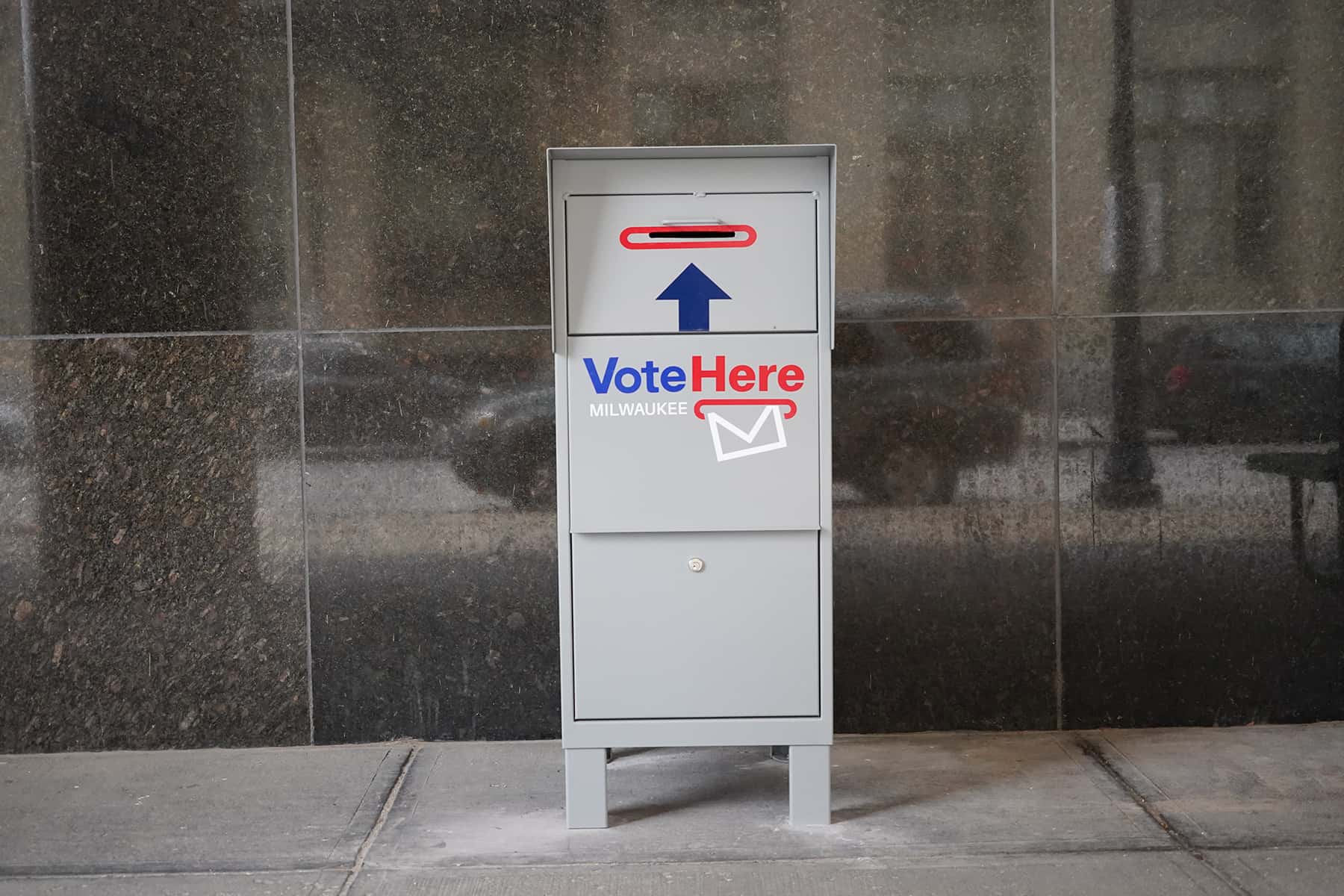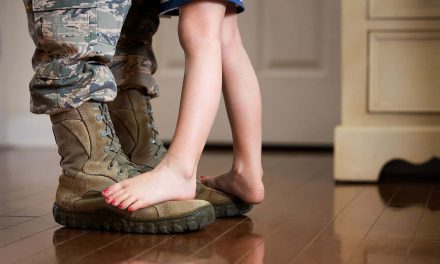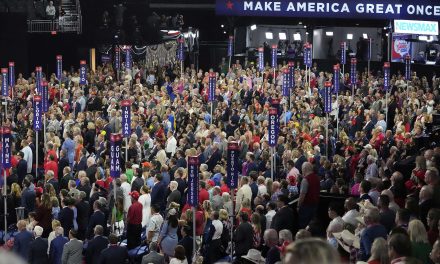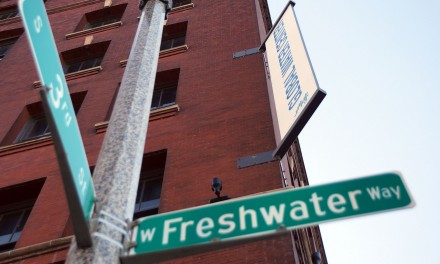
A coalition consisting of Disability Rights Wisconsin, Black Leaders Organizing for Communities (BLOC), and three registered Wisconsin voters won a significant legal victory on September 21, when a federal court ordered the Wisconsin Election Commission to ensure that voters have safe and equitable access to cast ballots during the November general election.
The Court, among other things, extended the deadline for receipt of absentee ballots until Nov. 9 for all mailed ballots postmarked on or before November 3, which had been the deadline for receipt of ballots; extended the deadline for online and mail-in registration by one week, to October 21; allowed election officials to email ballots to voters who request them but don’t receive them in the mail; and allowed Wisconsinites to serve as poll workers outside of their counties of residence, to help the threat of a poll worker shortage.
“I’m glad to see the court acting to make sure every voter has a way to make her voice heard. Our democracy is stronger when we make it easier for more people to vote,” said Melody McCurtis, a Milwaukee-based community organizer and a plaintiff in the lawsuit.
The order will not go into effect for one week to allow time for any appeals; voters should not rely on these changes until they are no longer subject to any judicial stay.
“The decision is a win for democracy, paving the way for thousands of legally registered Wisconsin voters to safely and securely participate in the general election. We can’t let a pandemic, or any other threat, diminish the ability of voters to participate in the most fundamental aspect of our democracy, casting a ballot,” said Angela Lang, Executive Director of BLOC.
The plaintiffs filed the lawsuit after Wisconsin’s April 7 primary election was marred by long lines, absent poll workers, missing absentee ballots, and a shortage of health safety supplies in the midst of the COVID-19 pandemic, leaving tens of thousands of Wisconsin voters disenfranchised.
“This ruling is a victory for democracy. Every voter should be able to vote easily, safely, and accessibly, no matter where they live or who they are,” said Jonathan Manes, an attorney with the MacArthur Justice Center, which represented the plaintiffs alongside Protect Democracy. “The decision brings us closer to that goal.”
The case was consolidated with several other lawsuits, including one brought by the Democratic National Committee.
Farbod Faraji, Counsel for Protect Democracy, held the ruling up as an example of how citizens can fight back to safeguard American democracy.
“The late hero John Lewis said, ‘The vote is precious. It is almost sacred. It is the most powerful non-violent tool we have in a democracy.’ The Court’s decision today is an affirmation of those words and the decades-long struggle for voting rights in this country,” said Faraji. “We owe a debt of gratitude to these plaintiffs for bringing the case forward.”
In addition to Protect Democracy and the MacArthur Justice Center, the plaintiffs were represented by two firms, Stafford Rosenbaum LLC and O’Melveny & Myers, LLP. Jeffrey A. Mandell and Douglas M. Poland, attorneys with Stafford Rosenbaum LLC, noted that the Court’s ruling will help ensure that the 2020 general election was safe and fair.
“Having been on the front lines for the last several years of fighting to protect the right to vote in Wisconsin, we are pleased that the federal courts continue to protect the ability of Wisconsin voters to have a say in who governs them. The relief granted by the Court in this case will help avoid Wisconsin’s November election being beset by the same problems we saw in April, when thousands of Wisconsinites had to choose between exercising their right to vote and protecting themselves and others from risking infection with COVID-19. The Court’s order will enhance democracy in Wisconsin.”
© Photo
Lee Matz














